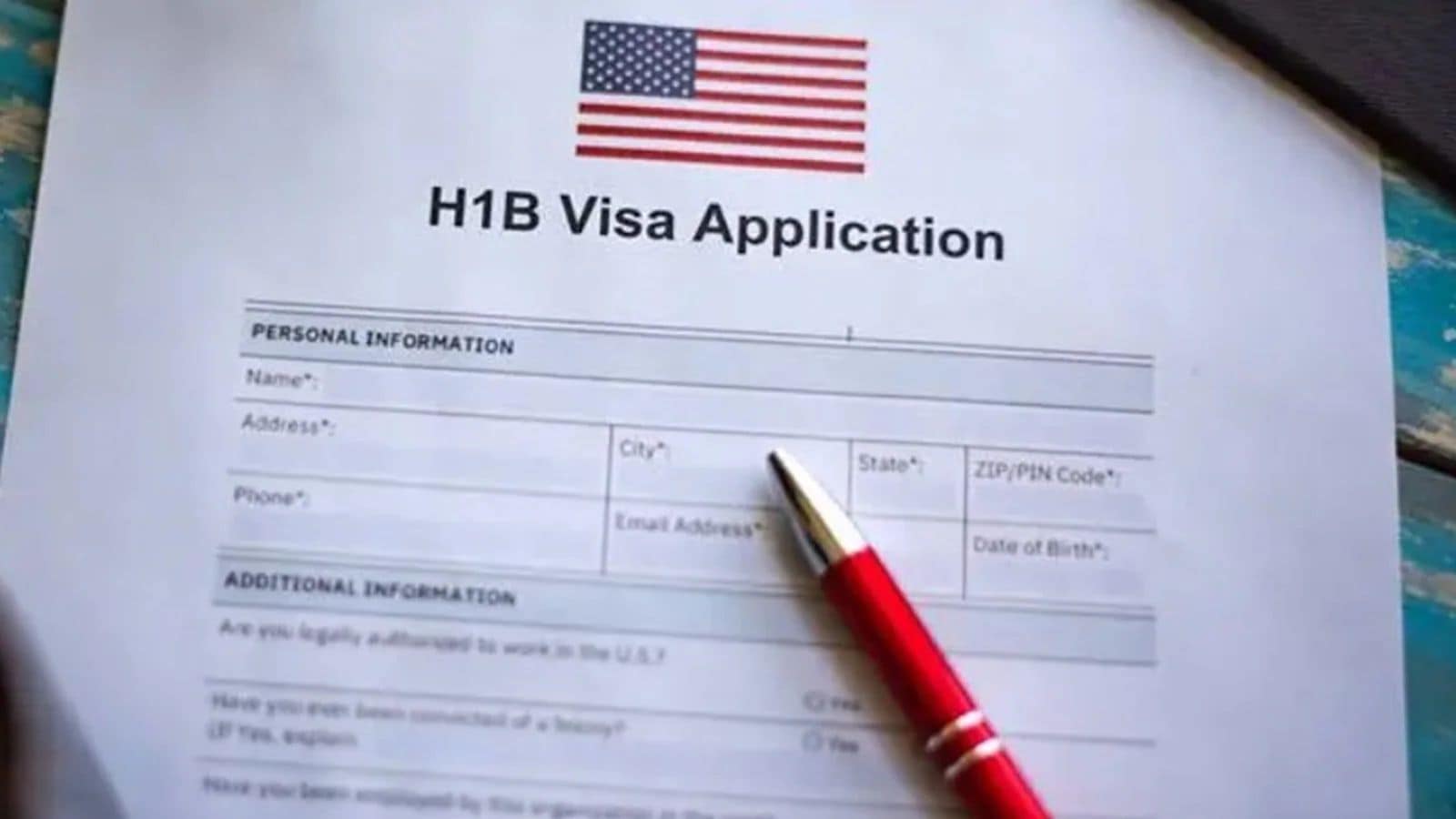As India’s growth flounders, the lack of a coherent national development strategy is becoming more acute. India’s aspirations of becoming a global power rest on increasingly shaky ground, seemingly based more on our size than our achievements in science, technology, art or other innovation. Nowhere is this strategic vacuum more evident than in the discourse around H-1B visas.
The Indian government’s efforts to preserve the status of H-1B visas for skilled migrants in the United States are framed as a matter of national interest. While the personal anxieties of Indians on H-1B visas are understandable — and the government’s obligation to protect its citizens abroad is valid — it is worth asking: Why should India actively support the outmigration of its best and brightest? This approach supplants a coherent national development strategy for the aspirations of the few. The pride in individual success of a few on the global stage often overshadows the need for systemic reforms that would advance India’s place in the world
Story continues below this ad
In the US, the H-1B debate is entangled with broader immigration policies, often coloured by economic and racial anxieties that sometimes manifest as bigotry. Addressing these issues and countering the implicit bigotry is about domestic politics in the US and as such primarily the responsibility of US citizens and policymakers. For India, however, the focus from a national development perspective should not be on preserving the H-1B pipeline but on questioning why a country capable of producing globally competitive talent fails to provide opportunities for this talent at home, such that 75 per cent of H-1B visa holders are Indians.
Instead, India celebrates its talent exodus. The success of Indian-origin CEOs in Fortune 500 companies and record-breaking remittances are circulated as a source of national pride. This narrative of triumph masks deeper structural failures, allowing the government to evade critical introspection and investments needed to broaden opportunities and ensure widespread middle-class success at home.
The H-1B system represents a clear case of brain drain, with costs borne disproportionately by India. While it may appear advantageous on the surface — generating remittances, building global networks, and enhancing India’s soft power — a closer examination reveals a troubling imbalance. India invests heavily in selecting and nurturing talent through publicly-funded institutions like the IITs without reaping direct benefits from this training, while the US gets to cherry-pick top Indian talent without bearing the cost of training it. Moreover, those Indians who go abroad must trade-off political rights for economic prosperity.
Story continues below this ad
The H-1B narrative has become fundamentally a story of class privilege. Celebrating individual success stories obscures systemic barriers and perpetuates the myth that talent naturally finds its way to success. In reality, structural advantages — access to elite institutions, networks, and resources — play a decisive role in determining who gets ahead.
Proponents argue that lucrative opportunities abroad through H-1B visas spur education domestically and that brain drain is overstated. While the connection between overseas opportunities and educational aspirations is valid, this argument is incomplete. Relying on external opportunities to drive aspirations effectively outsources the responsibility to build a robust education and employment system. While opportunity abroad may spark widespread aspiration, access to quality education remains severely limited, as evident from the intense competition, exam paper leaks, corruption and suicides among our youth. Consequently, only a small percentage benefits while the vast majority — particularly in rural and underprivileged communities — are left behind.
The true cost of this talent exodus extends beyond the immediate brain drain. It perpetuates an outward focus that weakens the urgency for domestic reform, allowing the state to neglect its responsibility to create equitable opportunities and an environment conducive to growth and innovation. The question is no longer whether Indians can succeed globally — they clearly can — but why India struggles to replicate this success domestically and equitably for its masses.
Consider why India, with its abundant talent pool, has produced relatively few globally competitive companies or Nobel laureates. The issue isn’t individual capability but the absence of robust institutional frameworks: Stable governance, transparent regulations, accessible capital, and consistent rule of law. Equally important is an environment that values knowledge and fosters innovation by investing in research and promoting inquiry. These deficiencies stifle domestic innovation and entrepreneurship, leaving India primarily with state-supported national champions or venture-funded copycat services rather than breakthrough innovations. This gap became particularly apparent in recent discussions about India’s absence in the global AI race, highlighting the need for homegrown innovation.
India’s real challenge is to transform its aspirational energy into a movement for systemic reform. Over-indexing on the diaspora for remittances, investments, and prestige risks undermining the development of domestic institutions. Instead of celebrating the exodus of its brightest minds, India must focus on creating conditions that make staying more attractive than leaving.
most read
This requires a fundamental shift in priorities. Improving the quality of education, expanding access to infrastructure, streamlining governance, and fostering an environment conducive to innovation are critical. True “atmanirbharta” (self-reliance) cannot be achieved without universal access to opportunities that enable every Indian to achieve their potential within the country’s borders.
National progress is not measured by how many citizens succeed abroad or by how many billionaires India has but by how many can fulfill their aspirations at home. Until India confronts its systemic challenges, it will remain caught in this paradox — proudly counting its global success stories while neglecting the conditions needed to nurture them domestically.
The writer is Executive Director of the Future of India Foundation


